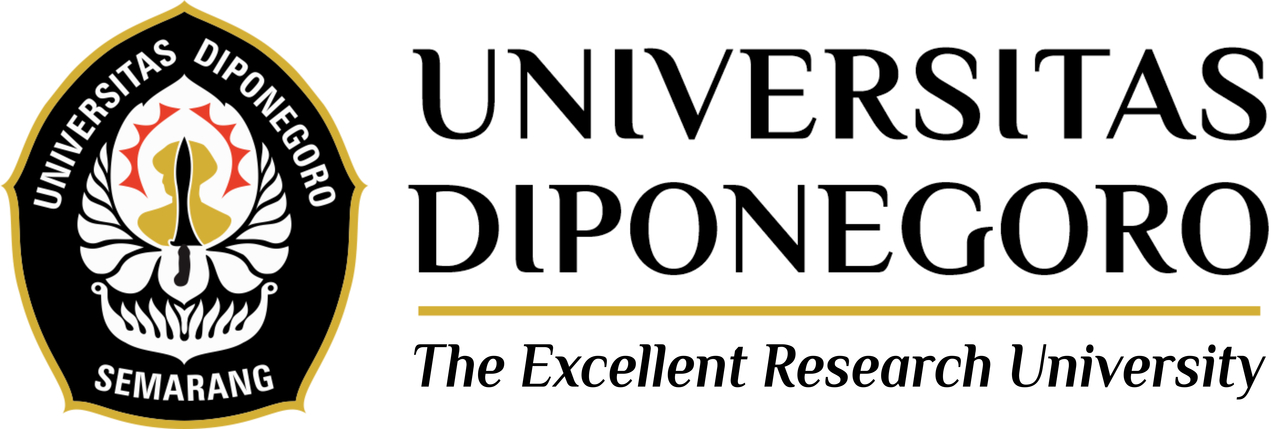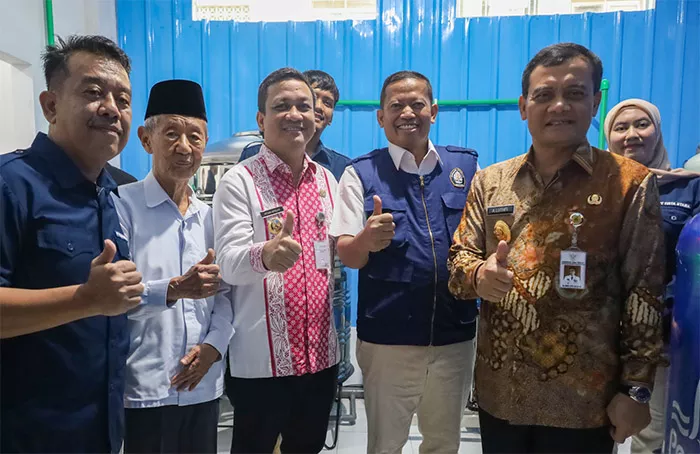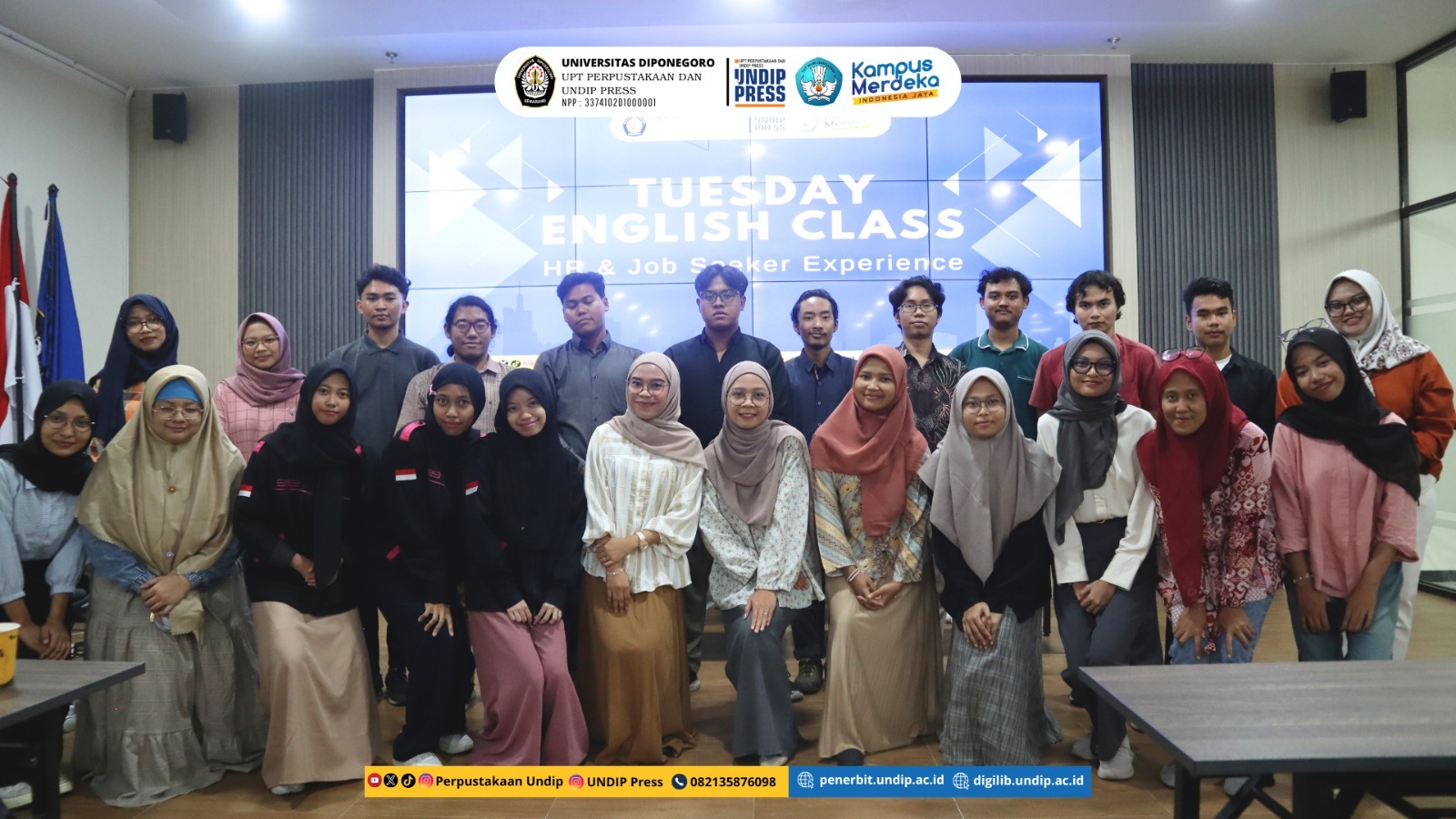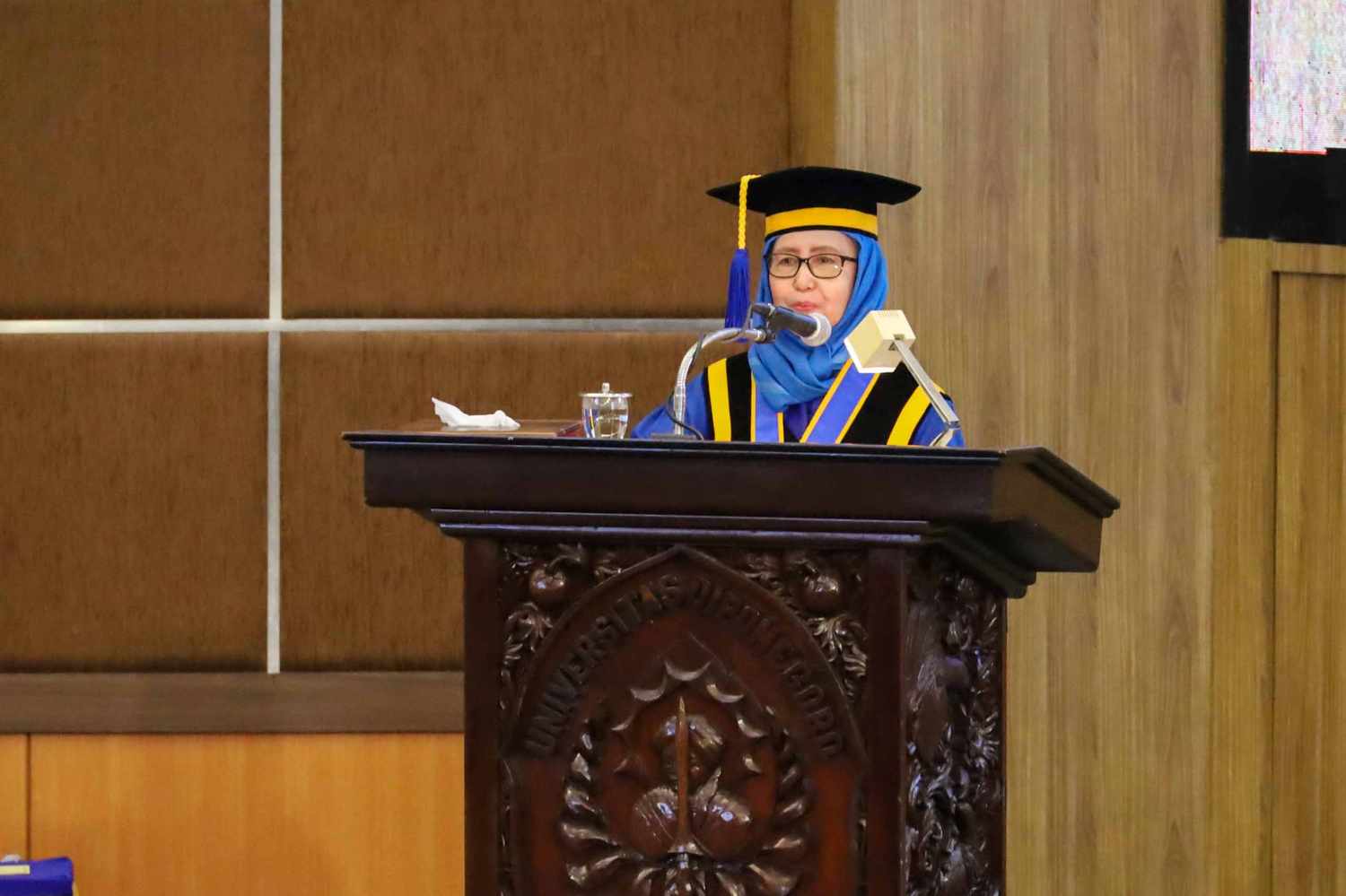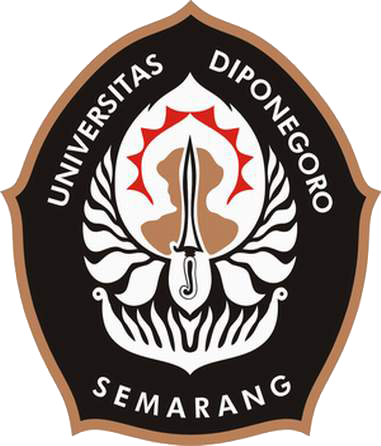UNDIP, Pekalongan (March 26) – Universitas Diponegoro (UNDIP), in collaboration with the Jawa Tengah Provincial Government, Regional-Owned Enterprises (BUMD) of Jawa Tengah and Pekalongan City, officially inaugurated a water desalination unit at Rusunawa Slamaran, Krapyak Village, North Pekalongan District, Pekalongan City, on Tuesday morning (March 25, 2025). This desalination program is one of the flagship initiatives of Jawa Tengah Governor Ahmad Luthfi, in partnership with UNDIP, to provide clean water for residents in coastal areas of Jawa Tengah. For years, coastal communities have struggled to access clean water due to the poor quality of groundwater, which is unfit for consumption.
The desalination program will be implemented at 20 locations, particularly along the coastal areas of Jawa Tengah. The inauguration was attended by the Mayor of Pekalongan and the Chairman of Baznas Pekalongan, along with the Head of UNDIP’s Institute for Research and Community Service (LPPM) and several residents of Rusunawa Slamaran.
“We are implementing this in several coastal areas, including Pekalongan, Demak, Rembang, and Jepara. This initiative aims to facilitate access to clean water for coastal communities,” said Governor Ahmad Luthfi.
This program reflects UNDIP’s commitment to ensuring that the university’s research and innovations benefit society. This statement was emphasized by UNDIP Rector Prof. Dr. Suharnomo, S.E., M.Si., who also officiated the inauguration of the desalination unit.
“We are committed to making our research useful for society through practical and beneficial technologies, such as this desalination machine. We have already installed units in several locations, including Jepara, Rembang, Blora, Demak, and now in Pekalongan,” stated Prof. Suharnomo.
“In addition to the 20 sites in Jawa Tengah, four other provinces have also placed orders for this technology, namely West Kalimantan, East Kalimantan, Bangka Belitung, and Banten. I hope UNDIP’s technology will be widely adopted across Indonesia,” he added.
The desalination unit at Rusunawa Slamaran has a capacity of 4,000 liters (200 gallons) per day, which can be increased to 6,000 liters under certain conditions. This machine transforms saline or brackish water into potable water, allowing Rusunawa residents to drink the desalinated water directly. As an initial pilot project, the unit will supply drinking water for 250 households residing in Rusunawa Slamaran.
“The desalination machine works by separating contaminants from water, making previously undrinkable water safe for consumption. The processed water can be used for drinking, cooking, and even rice preparation. Once handed over to the municipal government, the designated Rusunawa management team will be responsible for its operation. Meanwhile, UNDIP’s team will continue providing technical support,” explained Prof. I Nyoman Widiasa, a Chemical Engineering lecturer at UNDIP, concluding the interview.
